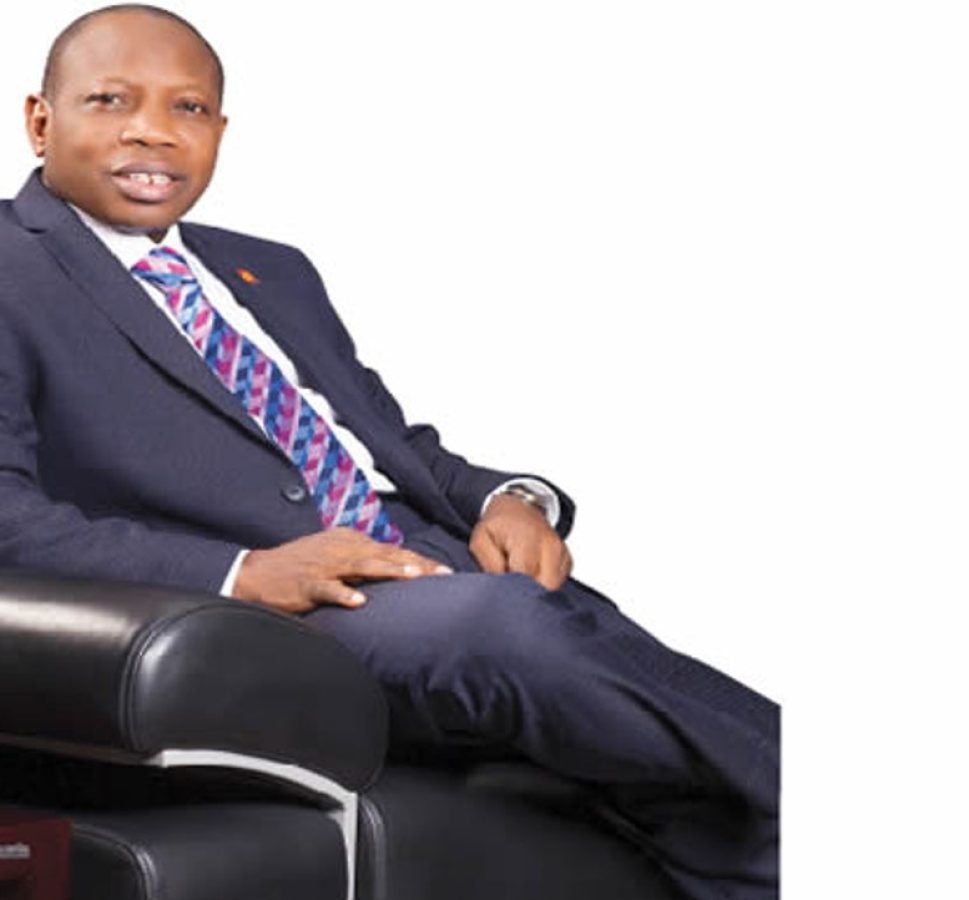Nigeria underperforming, holds $900bn ‘dead capital’ — PwC.

Nigeria is underperforming and needs to unlock as much as $900bn worth of dead capital to increase economic activities and stimulate growth, PricewaterhouseCoopers Limited has said.
PwC said this in a new report titled ‘Bringing dead capital to life – What Nigeria should do’, which estimated the amount of dead capital in residential and agricultural real estate across Nigeria.
It estimated that Nigeria “holds at least $300bn or as much as $900bn worth of dead capital in residential real estate and agricultural land alone.”
The firm said the high-value real estate market segment held between $230bn and $750bn of value, while the middle market carried between $60bn and $170bn in value.
‘Dead capital’ was coined by a Peruvian economist, Hernando de Soto, to describe assets that cannot be converted to economic capital.
With Nigeria’s population estimated at 200 million and 40 million households with five members each, the report said, “Approximately 95 per cent of household dwellings in Nigeria have no title or a contestable title.”
PwC noted that the International Monetary Fund’s most recent report on Nigeria concluded that the country was set to experience an incremental decline in income per capital over the next eight years, through 2022.
It said, “This decline is a result of slow GDP growth exceeded by a population growth rate that is not expected to slow in the near future. The population is expected to reach 263 million by 2030. In contrast, GDP is growing at a slower and less consistent rate, averaging 1.4 per cent since 2016.
“In order to circumvent this projected crisis, Nigeria requires more investment in critical areas that directly impact economic growth. Heavy investment in infrastructure, coupled with structural reforms, will loosen domestic and foreign capital, allowing more businesses to thrive. In the long run, investing in human capital will yield economic prosperity by overriding high unemployment in a large population.”
According to the PwC report, lack of access to finance is a major contributor to persistent poverty.
The firm said, “Presently, a large proportion of Nigeria’s population operate in the informal sector by living in informal dwellings and/or working in the informal sector. For many, the costs accrued in the formal sector outweigh the benefits. However, this creates a large stock of dormant assets. Capital is scarce in societies with a large stock of dormant assets.
“Land tenure system in Nigeria is still largely in the communal and informal sectors. Sporadic efforts by the government on the formalisation of property rights through the certificate of occupancy in cities like Lagos have yet to meet the intended goal.”
It said land ownership had been quite a stressful process as a result of the complex land tenure system, adding that the Land Use Act had failed to establish a uniform land tenure system that would govern ownership in the country.
According to the report, about 97 per cent of land in Lagos is unregistered, and this makes it difficult for banks to validate claims to land or for land occupants to use their land to create wealth.
PUNCH.






